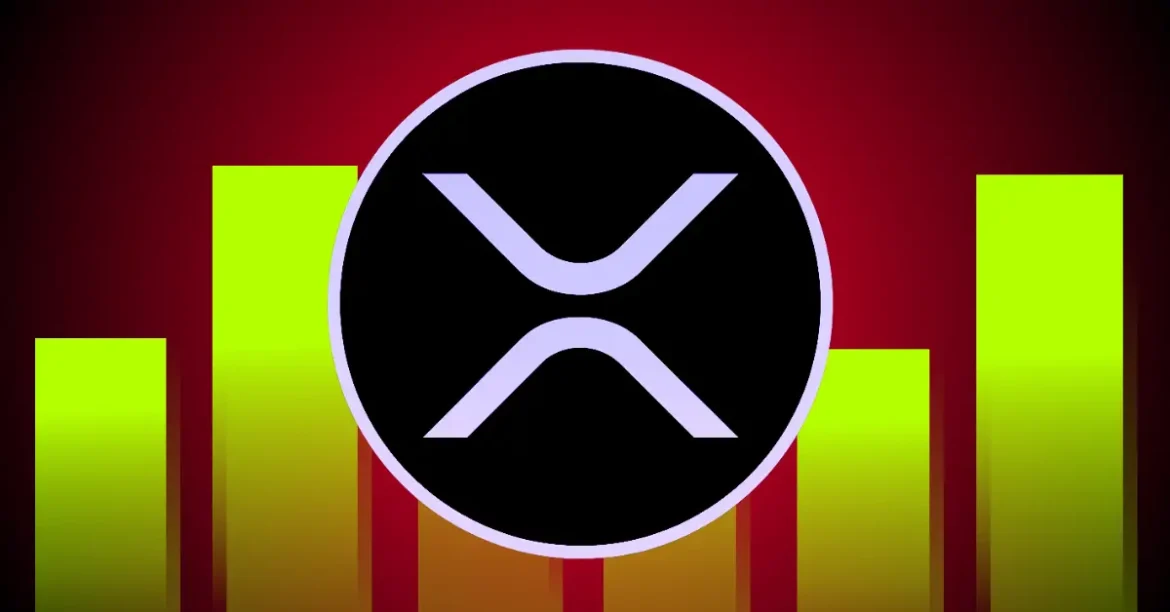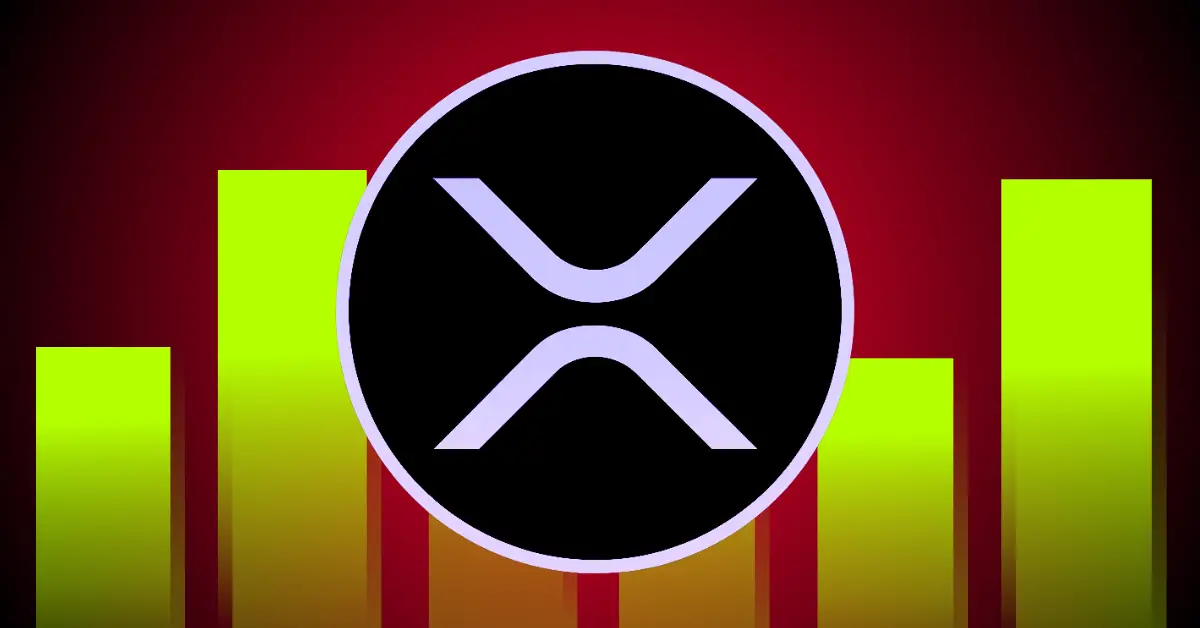Understanding the Impact of Artificial Intelligence on Modern Education
—
Introduction: The Digital Revolution in Learning
The integration of artificial intelligence (AI) into education has sparked a transformative shift in how knowledge is disseminated, absorbed, and applied. This technological evolution is reshaping traditional teaching methods, personalizing learning experiences, and democratizing access to education. As AI continues to advance, its influence on modern education becomes increasingly profound, offering both opportunities and challenges for educators, students, and policymakers alike.
—
The Role of AI in Personalized Learning
Tailoring Education to Individual Needs
One of the most significant contributions of AI to education is its ability to personalize learning experiences. Traditional classrooms often struggle to cater to the diverse needs of students, as educators are limited by time and resources. AI-powered platforms, however, can analyze a student’s performance, learning pace, and areas of difficulty to create customized lesson plans. Adaptive learning systems, such as those used in platforms like Khan Academy and Duolingo, adjust content in real-time, ensuring that each student receives the support they need to succeed.
Enhancing Engagement and Motivation
AI-driven tools also enhance student engagement by making learning interactive and enjoyable. Gamification, virtual reality (VR), and augmented reality (AR) technologies create immersive learning environments that captivate students’ attention. For example, AI-powered chatbots can provide instant feedback, answer questions, and even offer encouragement, fostering a sense of motivation and accomplishment. These tools not only make learning more dynamic but also help students develop critical thinking and problem-solving skills.
—
AI in Administrative and Operational Efficiency
Streamlining Educational Processes
Beyond the classroom, AI is revolutionizing administrative tasks, freeing educators to focus on teaching. Automated grading systems, for instance, can evaluate multiple-choice and even short-answer questions with remarkable accuracy, reducing the time teachers spend on grading. Additionally, AI-powered scheduling tools optimize class timings, resource allocation, and faculty workloads, ensuring that educational institutions operate efficiently.
Enhancing Accessibility and Inclusion
AI also plays a crucial role in making education more accessible. Speech recognition and natural language processing (NLP) technologies enable students with disabilities to interact with educational content more effectively. For example, AI-powered transcription services can convert lectures into text for students with hearing impairments, while text-to-speech tools assist visually impaired learners. These advancements ensure that education is inclusive and equitable for all.
—
Challenges and Ethical Considerations
Data Privacy and Security
While AI offers numerous benefits, it also raises concerns about data privacy and security. Educational institutions collect vast amounts of student data, which, if mishandled, can lead to breaches and misuse. Ensuring robust cybersecurity measures and adhering to data protection regulations, such as the General Data Protection Regulation (GDPR), is essential to safeguarding student information.
The Human Element in Education
Another challenge is maintaining the human element in education. While AI can automate many tasks, the emotional and social aspects of learning cannot be replicated by machines. Teachers play a vital role in mentoring, inspiring, and fostering a supportive learning environment. Balancing the use of AI with human interaction is crucial to ensuring a holistic educational experience.
—
The Future of AI in Education
Expanding Horizons with Emerging Technologies
The future of AI in education is bright, with emerging technologies set to further revolutionize the sector. Machine learning algorithms will become more sophisticated, enabling even more personalized and adaptive learning experiences. AI-powered virtual tutors will provide round-the-clock support, while VR and AR will create immersive learning environments that transcend geographical boundaries.
Preparing the Next Generation
As AI continues to evolve, it is essential to prepare students for a future where technology plays an integral role. Integrating AI literacy into curricula will equip students with the skills needed to navigate and leverage these technologies effectively. Additionally, educators must adapt to the changing landscape by embracing continuous professional development and staying abreast of technological advancements.
—
Conclusion: Embracing the AI Revolution in Education
The impact of AI on modern education is undeniable. From personalizing learning experiences to enhancing administrative efficiency and promoting inclusivity, AI is transforming the way we teach and learn. However, it is crucial to address the challenges and ethical considerations associated with its implementation. By striking a balance between technology and human interaction, educational institutions can harness the full potential of AI to create a more equitable, engaging, and effective learning environment. The future of education is here, and it is powered by intelligence—both artificial and human.





